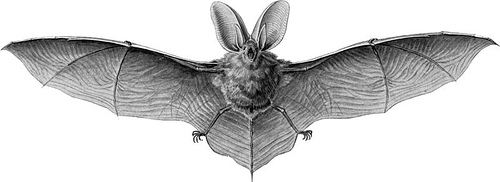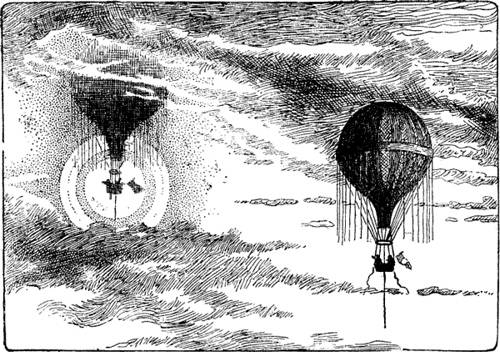Louis-Auguste Cyparis was lucky to be in solitary confinement. After a bar fight in May 1902, the 27-year-old laborer had been put in an underground bomb-proof magazine in the city jail of St. Pierre, Martinique, when he saw the day grow suddenly dark outside the narrow grating in his door. Presently Cyparis was blasted with scalding air and ashes, suffering deep burns on his hands, arms, legs, and back. He spent four days nursing these wounds before he managed to attract a rescue team.
He had lived through the eruption of Mount Pelée, the worst volcanic disaster of the 20th century. Of the town’s 28,000 inhabitants, only three had survived.




